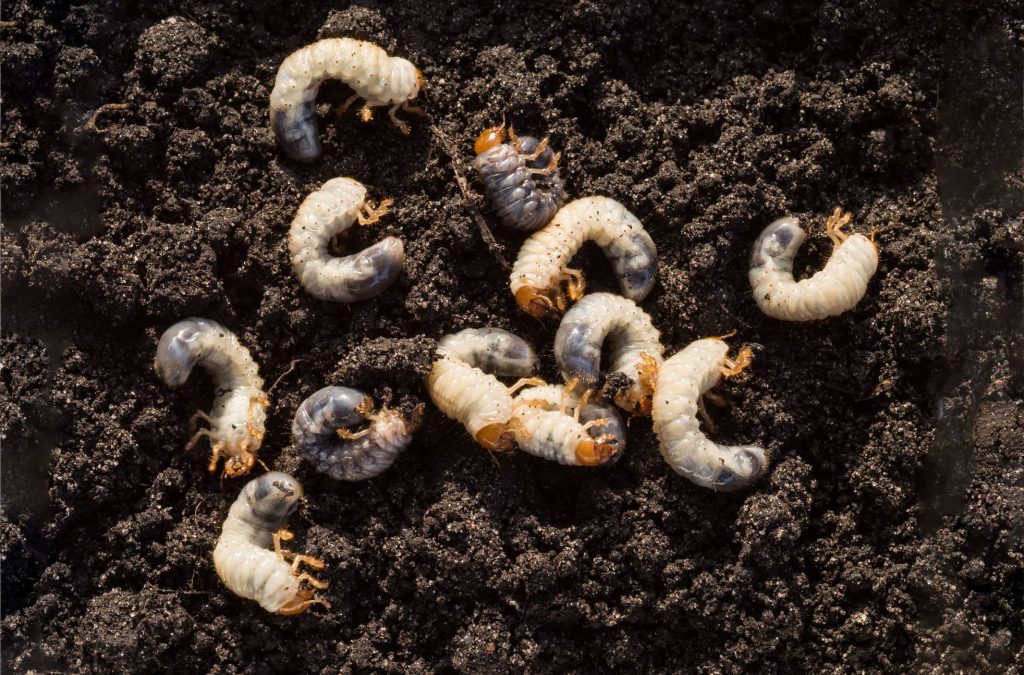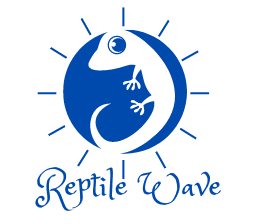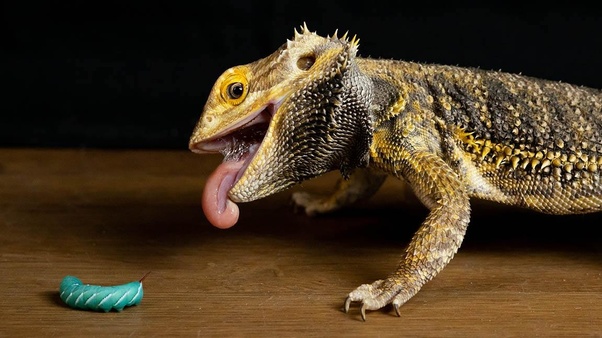Yes, bearded dragons can eat grubs like mealworms, superworms, and waxworms. These bugs have good stuff like protein and vitamins that help bearded dragons stay healthy. But it’s important to not give them too many grubs because they’re also high in fat.
So, grubs should be like a special snack sometimes, not their main food. Be sure to give them a mix of different foods like veggies, crickets, and roaches to keep them strong and healthy.
In this post, we will go over everything you need to know about introducing grubs into your bearded dragon’s diet.
Can Bearded Dragons Eat Grubs And What Are The Nutritional Benefits Of Grubs ?
Grubs are a nutritional powerhouse for bearded dragons, packed with high-quality protein and healthy fats, supporting growth and energy needs.
Protein Source
Grubs have a lot of protein, about 20 grams for every 100 grams of grubs. That’s even more protein than what you get from beef, chicken, or pork, which is vital for the growth and development of bearded dragons.
Proteins play a crucial role in maintaining muscle mass and supporting metabolic functions.
Healthy Fats
Grubs contain healthy fats that provide a source of energy for bearded dragons.
Moreover, these fats can also help in maintaining body temperature and act as insulation.
Calcium Content
Some grubs, like mealworms, contain calcium, about 100 milligrams of calcium per 100 grams of mealworms which is a key nutrient for maintaining strong bones.
In egg-laying females, a calcium-rich diet is essential to prevent calcium deficiency and metabolic bone disease.
Vitamins in Grubs
Grubs contain essential B vitamins that are involved in various metabolic processes, supporting overall health.
The inclusion of vitamins in grubs contributes to the well-rounded nutrition of bearded dragons.
Moisture Content
Grubs have a relatively higher moisture content compared to some other feeder insects, helping maintain hydration in bearded dragons.
Proper moisture in the diet can help prevent dehydration and related health issues.
Which Grubs Are Suitable For Bearded Dragons?

Bearded dragons are easy to look after, and they need a mix of food. Most of their food should be things like leaves, vegetables, and fruits, which should be about 70-80% of their diet.
The rest, which is around 20-30%, can be worms or insects. Several types of grubs are suitable for bearded dragons, offering various nutritional benefits. Some commonly used grubs include
Mealworms
Mealworms are readily available and are a good source of protein and calcium. However, they are also relatively high in fat, so they should be fed in moderation.
Superworms
Superworms are larger than mealworms and contain more protein. They are suitable for adult bearded dragons but should also be given in moderation due to their higher fat content.
Phoenix Worms (Black Soldier Fly Larvae)
Phoenix worms are rich in calcium and protein, making them a nutritious choice for bearded dragons. They are low in fat and can be an excellent staple feeder.
Silkworms
Silkworms are a great source of protein and are low in fat. They are also known for their soft bodies, making them easy for bearded dragons to digest.
Hornworms
Hornworms are high in moisture and relatively low in fat. They can be a useful addition to your bearded dragon’s diet to help with hydration.
Butterworms
Butterworms are rich in fat, so they should be used sparingly. They are suitable for adding variety to the diet due to their unique nutritional profile.
How Much Grub Worms Can A Bearded Dragon Eat?
The amount of grub worms a bearded dragon can eat depends on several factors, including the dragon’s age, size, and overall diet. Generally, you should feed them in moderation. As a rough guideline
Hatchlings and Juveniles
Young bearded dragons should have a diet primarily consisting of insects, including grubs.
They can consume around 10-20 appropriately sized grubs per day. Be sure to provide a variety of other insects and greens for a balanced diet.
Adult Bearded Dragons
Adult bearded dragons should have a diet that’s primarily made up of greens, vegetables, and fruits. Grubs, while still beneficial, should be given more sparingly.
A few grubs (2-4) a couple of times a week as part of a varied diet is generally sufficient.
How often should bearded dragons be fed grubs?
The frequency of feeding grubs to bearded dragons depends on their age and dietary requirements
| Bearded Dragon | Age Range | Frequency of Feeding Grubs |
| Hatchlings/Juveniles | 0-6 months | Daily or every other day as part of a varied diet. Adjust based on appetite. |
| Sub-Adults | 6-12 months | 3-4 times a week. Adjust as needed. |
| Adult Dragons | 12+ months | 1-2 times a week as a treat and protein supplement. Focus on a plant-based diet. |
FAQs
Here are some answers to your most common questions.
Bearded dragons should avoid eating bugs that are toxic, high in fat, or have hard exoskeletons. Commonly excluded insects include fireflies, ladybugs, and stink bugs.
Yes, dragon grubs, such as black soldier fly larvae, can be a nutritious food source for bearded dragons when offered in moderation as part of a balanced diet.
No, grub pie, like other human foods, is not recommended for bearded dragons. Stick to their natural diet of insects and vegetables.
Bearded dragons may enjoy fruits like berries, apples, and papaya, but it’s important to offer fruits in moderation due to their sugar content.
Bearded dragons have individual preferences, but they often enjoy various insects, with crickets, dubia roaches, and phoenix worms being popular choices among owners.
Final Words
Bearded dragons can enjoy grubs as part of their diet, but it’s important to feed them in moderation. Grubs provide valuable protein and nutrients, but too many can lead to health issues.
To keep your scaly friend healthy, offer a balanced diet with a variety of foods, including leafy greens, vegetables, and other insects.
Always observe your bearded dragon’s preferences and adjust their diet as needed. With proper care and a diverse menu, your bearded dragon can thrive and enjoy the occasional grub treat.

